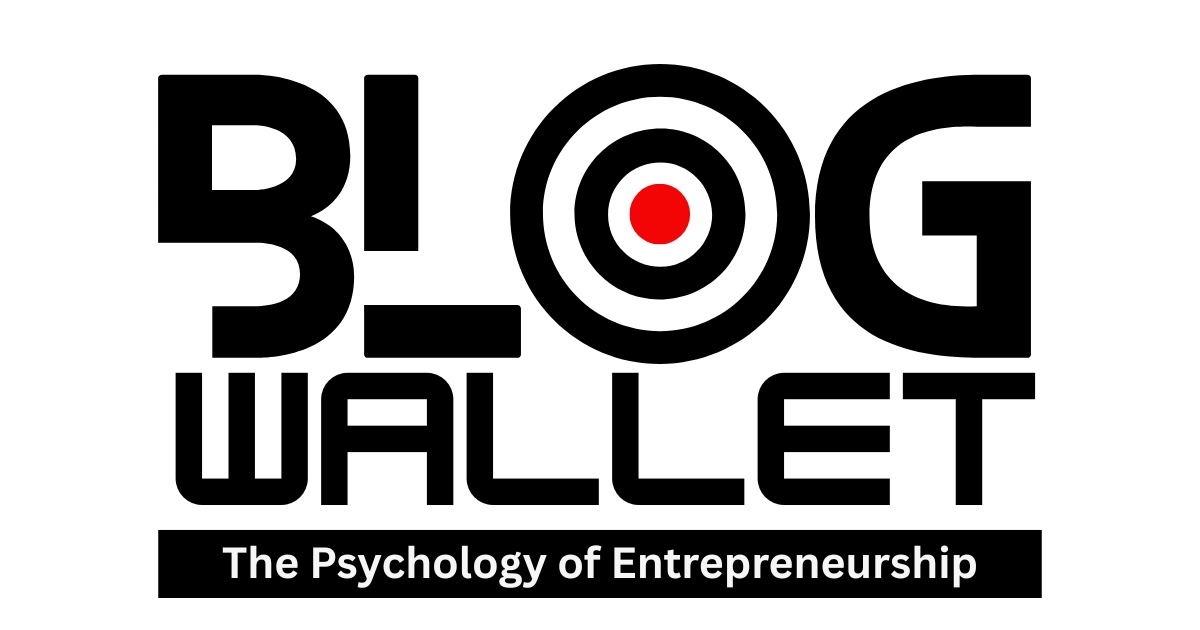
Stop Overcomplicating Journaling Techniques And Start
# Stop Overcomplicating Journaling Techniques and Start
Journaling is a powerful tool for self-reflection and personal growth. However, many individuals overcomplicate the process, which can lead to frustration and inaction. I have experienced this challenge firsthand during my early days with Radio Facts and BlogWallet. I believed that my journaling had to be perfect, which ultimately resulted in zero progress. In this article, I will share insights on how to simplify your journaling practice and encourage you to begin writing without the burden of perfectionism.
## Keep It Simple
Journaling does not have to be a complex endeavor. Unfortunately, some individuals treat it as if it were a highly specialized task requiring specific materials and conditions. The truth is that the essence of journaling lies in the act of writing down your thoughts, not in the tools you use.
I recall a time when I sat at my desk in Buffalo, staring at a blank page, waiting for inspiration to strike. This approach yielded no results. It was only when I picked up a napkin and began jotting down my ideas for BlogWallet that I experienced a breakthrough. The lesson learned is straightforward: it does not matter what you write on or with; what matters is the act of transferring your thoughts onto paper or a digital platform.
## Timing Is Not an Excuse
Many people claim they cannot find the right time to journal, citing reasons such as being “not a morning person” or feeling too tired after work. These are merely excuses. I built Radio Facts while managing multiple responsibilities, and I did not have the luxury of waiting for the perfect moment.
Instead of allowing time to become a barrier, consider how you can incorporate journaling into your daily routine. Even dedicating five or ten minutes to writing can be beneficial. The key is consistency. Treat journaling as a habit, similar to brushing your teeth or checking your social media accounts.
## Understand Your Purpose
Understanding your motivation for journaling is crucial. Why do you want to engage in this practice? If your answer is vague, such as “to get my thoughts down,” take a moment to explore your true intentions.
For me, the creation of Radio Facts was driven by a desire to amplify the voices of underrepresented individuals in the music industry. Each journal entry and every late night was fueled by this purpose. Your “why” serves as your guiding principle, helping you stay committed even when distractions arise.
## Accept Imperfection
It is essential to recognize that not everything you write will be exceptional. Some entries may feel lackluster or even unworthy of being read. This is perfectly acceptable. In fact, it is a natural part of the journaling process.
My journey from relying on food stamps to running a successful business in Los Angeles was not without its challenges. I have filled journals with ideas that never materialized into anything significant. However, each perceived failure taught me valuable lessons and brought me closer to success. Embrace the imperfections and setbacks; they are stepping stones on your path to growth.
## Take Action
You may think that starting a journaling practice is easier said than done. While it may present challenges, the alternative—remaining stagnant and dreaming without taking action—is far less appealing. I have experienced the frustration of inaction, and I can assure you that it is a path you want to avoid.
To summarize, eliminate the excuses, fear, and procrastination. Whether you choose to write with a pen on paper or type on your phone, the most important step is to begin. Your future self will appreciate the effort you put into this practice. Within those imperfect, hastily written notes may lie the foundation for your future success.
## Conclusion
Journaling is a valuable tool for self-discovery and personal development. It allows you to articulate your thoughts, aspirations, and fears. However, it is crucial to remember that journaling is not the end goal; it is a means to facilitate reflection and strategizing.
As you embark on your journaling journey, keep in mind that you have the ability to succeed. If I can transition from a humble beginning in Buffalo to achieving success in Los Angeles, so can you. Start today, and you may be surprised by what you discover about yourself along the way.

